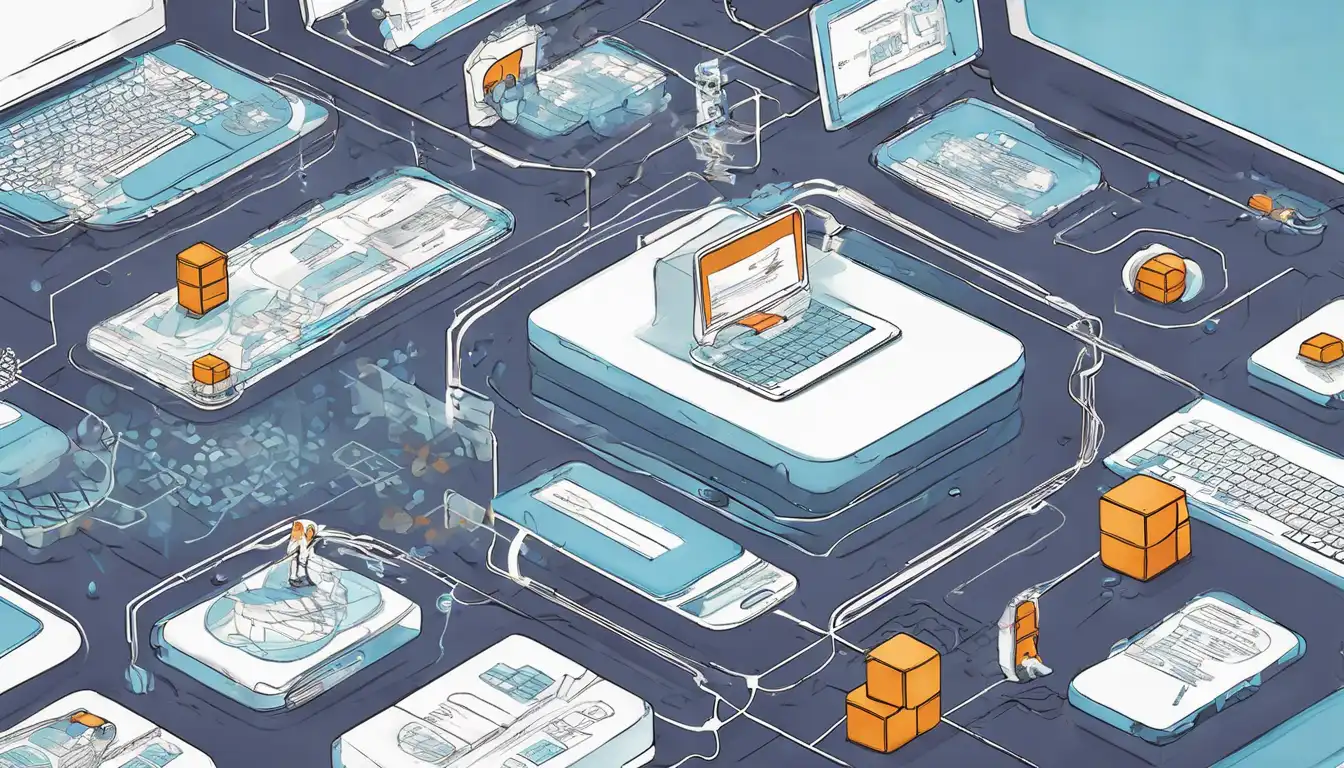What is Blockchain?
Blockchain technology is a digital ledger that records transactions across many computers in such a way that the registered transactions cannot be altered retroactively. This technology is the backbone of cryptocurrencies like Bitcoin, but its potential applications extend far beyond digital currencies.
How Does Blockchain Work?
At its core, blockchain is a chain of blocks, where each block contains a number of transactions. Every time a new transaction occurs on the blockchain, a record of that transaction is added to every participant's ledger. This decentralized database managed by multiple participants is known as Distributed Ledger Technology (DLT).
Key Features of Blockchain
- Decentralization: Unlike traditional ledgers or databases controlled by a central authority, blockchain is decentralized and distributed across a network of computers.
- Transparency: All transactions on the blockchain are visible to all participants, ensuring transparency.
- Immutability: Once a transaction is recorded on the blockchain, it cannot be altered or deleted, ensuring the integrity of the data.
Benefits of Blockchain Technology
Blockchain offers numerous benefits, including enhanced security, increased transparency, and reduced transaction costs. It eliminates the need for intermediaries, making processes more efficient and secure.
Applications of Blockchain
Beyond cryptocurrencies, blockchain technology is being explored in various sectors such as supply chain management, healthcare, and finance. For instance, in supply chain management, blockchain can provide a transparent and unalterable record of the journey products take from manufacturer to consumer.
Getting Started with Blockchain
For beginners interested in blockchain, starting with understanding the basics of cryptocurrencies is a good step. There are numerous resources available online, including tutorials and courses, that can help you grasp the fundamentals of blockchain technology.
Additionally, experimenting with small amounts of cryptocurrency can provide practical experience with blockchain transactions. Remember, the key to mastering blockchain is continuous learning and staying updated with the latest developments in the field.
Future of Blockchain
The future of blockchain technology is promising, with potential applications in voting systems, identity verification, and more. As the technology matures, we can expect to see broader adoption across various industries.
For those looking to dive deeper into blockchain, exploring advanced blockchain concepts and participating in blockchain communities can be invaluable.
